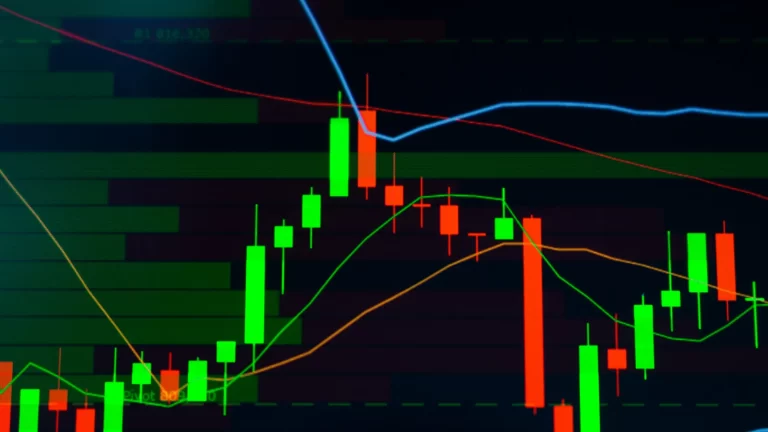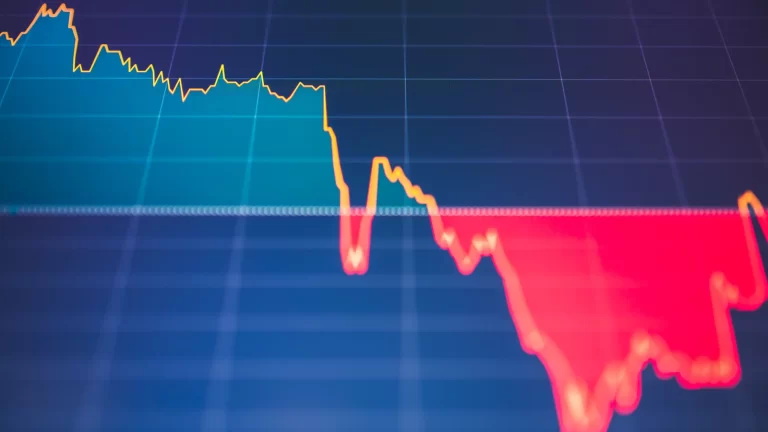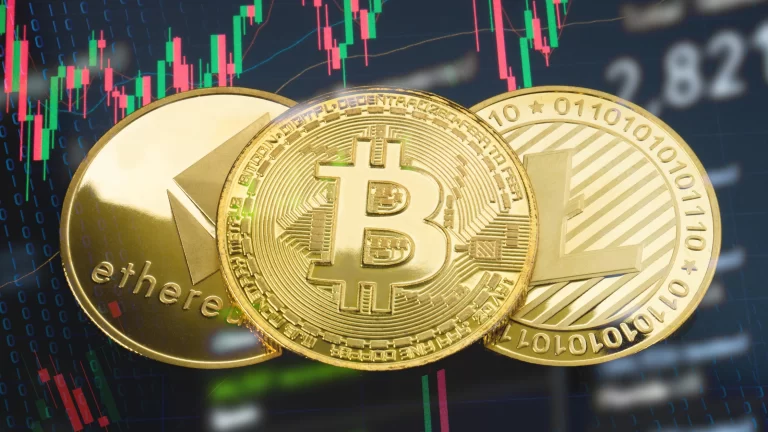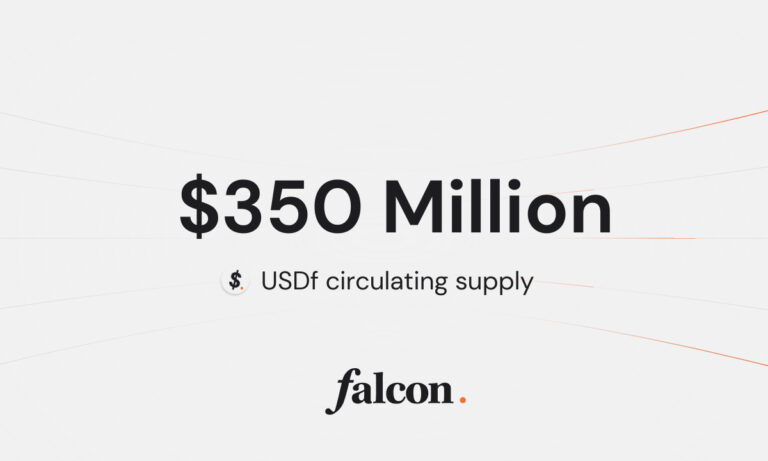A Complete Guide to Trading Tokenized Stocks

What are tokenized stocks?
Tokenized stocks are digital securities that represent ownership in a publicly traded company. They are created using blockchain technology, which allows for the creation of digital assets that can be easily bought and sold on a secondary market.
Tokenized stocks are similar to traditional stocks in that they represent ownership in a company and entitle the holder to a share of the company’s profits. However, unlike traditional stocks, which are typically traded on a centralized exchange, tokenized stocks are traded on a decentralized exchange, which means that they are not subject to the same regulatory oversight as traditional stocks.
Tokenized stocks can be traded 24/7, and the transaction costs are generally lower than those associated with traditional stocks. They also offer greater liquidity, as they can be easily bought and sold on the secondary market.
It is important to note that tokenized stocks are still a relatively new and evolving asset class, and it is important to carefully consider the risks and potential drawbacks before investing.
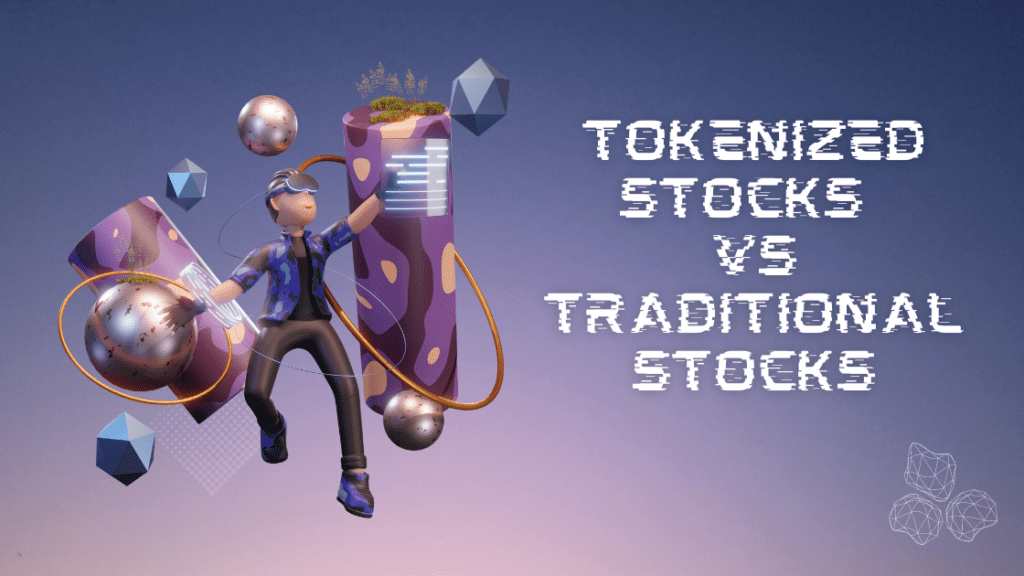
Tokenized Stocks vs Traditional Stocks
Tokenized stocks and traditional stocks are similar in that they both represent ownership in a company and entitle the holder to a share of the company’s profits. However, there are some key differences between the two:
- Ownership: Tokenized stocks are digital securities that are created using blockchain technology, whereas traditional stocks are physical certificates that represent ownership in a company.
- Trading: Tokenized stocks are traded on a decentralized exchange, whereas traditional stocks are typically traded on a centralized exchange.
- Regulation: Tokenized stocks are not subject to the same level of regulatory oversight as traditional stocks, as they can be traded on decentralized exchanges.
- Liquidity: Tokenized stocks can be easily bought and sold on the secondary market, which makes them more liquid than traditional stocks.
- Cost: The transaction costs associated with trading tokenized stocks are generally lower than those associated with traditional stocks.
Best Exchanges for Trading Tokenized Stocks
There are several exchanges that offer trading of tokenized stocks. Some of the most popular exchanges include:
- Binance: Binance is a popular cryptocurrency exchange that also offers trading of tokenized stocks.
- Tokenmom: Tokenmom is a decentralized exchange that specializes in trading tokenized stocks.
- OpenFinance Network: OpenFinance Network is a decentralized exchange that offers trading of tokenized stocks and other alternative assets.
- tZero: tZero is a decentralized exchange that offers trading of tokenized stocks and other digital assets.
It is important to carefully research and compare the different exchanges before choosing one to trade on. You should consider factors such as fees, security, and the variety of assets available for trading. It is also important to carefully review the terms and conditions of the exchange, as well as any relevant regulatory considerations.
What are some of the most popularly traded Tokenized Stocks?
It is difficult to accurately identify the most popularly traded tokenized stocks, as the market for tokenized stocks is still relatively small and constantly evolving. However, some companies whose stocks have been tokenized and are available for trading on various exchanges include Tesla, Apple, and Microsoft.
Risks of Trading Tokenized Stocks
There are several risks associated with trading tokenized stocks. Some of the most significant risks include:
- Volatility: The value of tokenized stocks, like any other investment, can fluctuate significantly. This can result in significant losses for investors if the value of the tokenized stock decreases.
- Lack of regulation: Tokenized stocks are traded on decentralized exchanges, which means that they are not subject to the same level of regulatory oversight as traditional stocks. This can make it more difficult for investors to protect their interests and may increase the risk of fraud or other misconduct.
- Cybersecurity risks: Tokenized stocks are stored on a digital ledger, which means that they are vulnerable to cyber attacks. If the security of the digital ledger is compromised, investors may lose access to their tokenized stocks or suffer financial losses.
- Limited investor protection: In the event of bankruptcy or other financial difficulties, tokenized stock investors may have limited options for recovering their investments.
It is important to carefully consider these risks before investing in tokenized stocks or any other digital asset. It is also important to diversify your portfolio and only invest what you can afford to lose.
